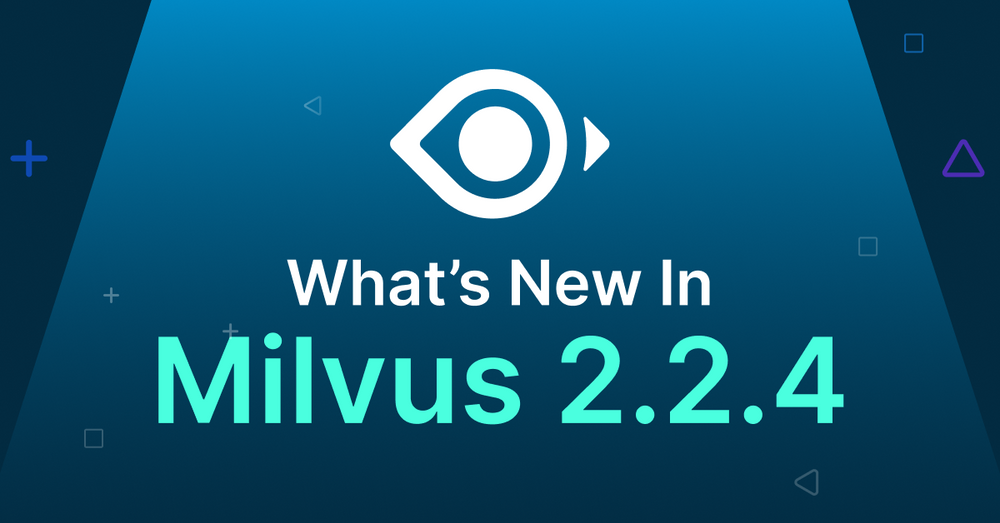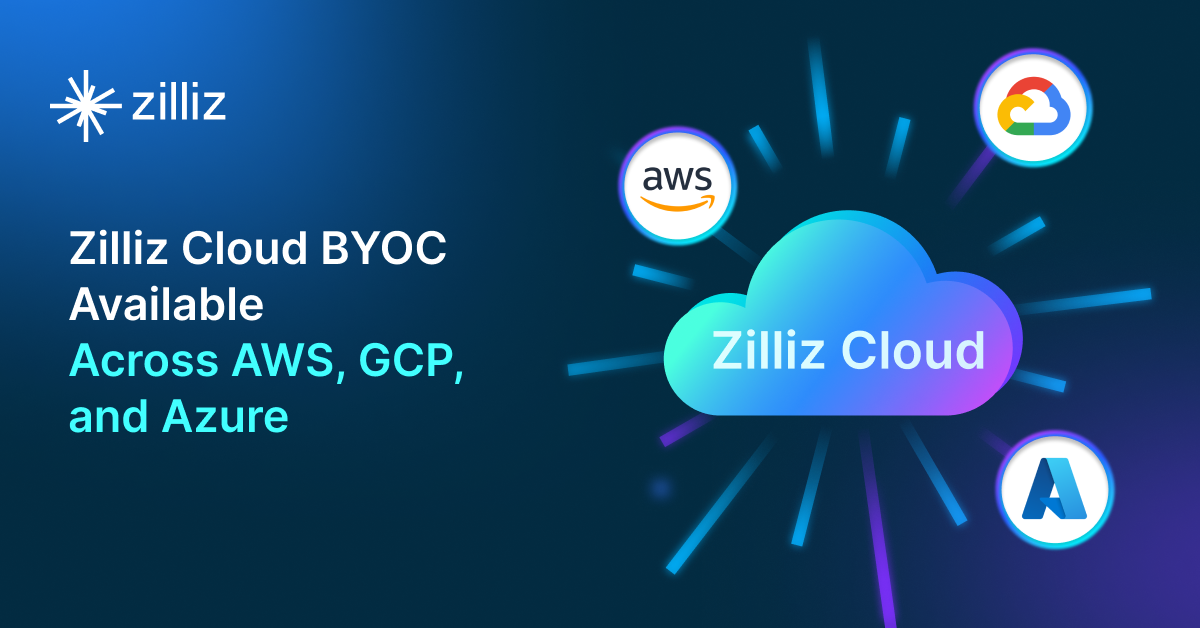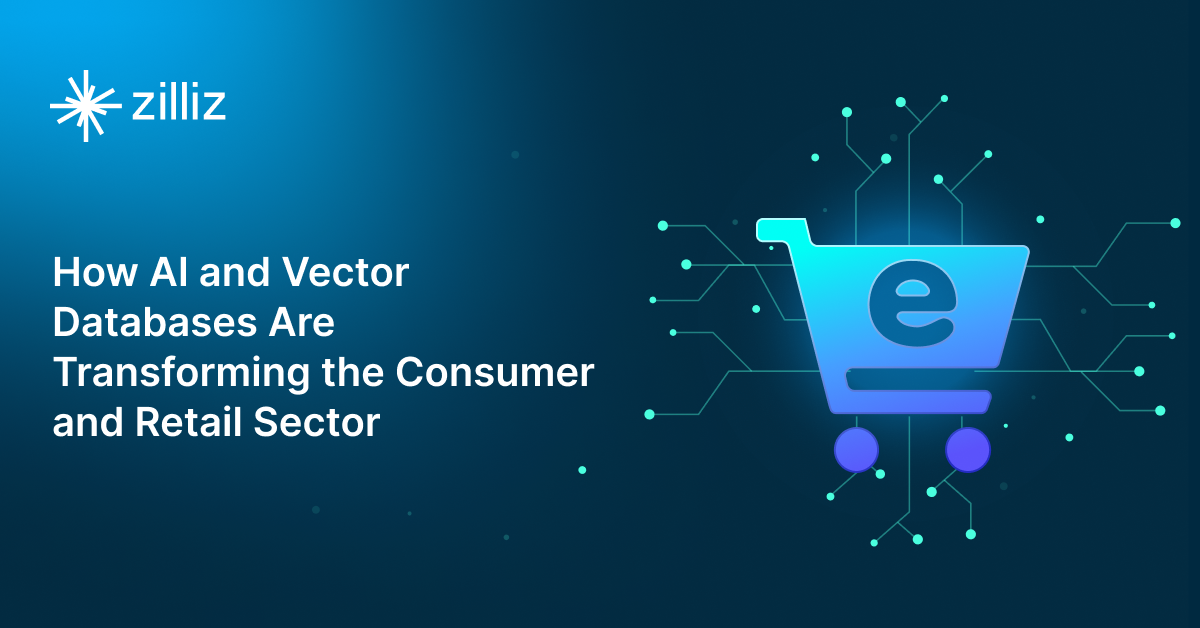What’s New In Milvus 2.2.4

We are proud to announce the release of Milvus 2.2.4 on behalf of the Milvus community. The 2.2.4 release contains a few new features and many improvements. This blog post will highlight some of the more prominent features. For a complete list of changes, check the release notes.
- 📦 PyPI: https://pypi.org/project/milvus/
- 📚 Docs: https://milvus.io/docs
- 🛠️ Release Notes: https://milvus.io/docs/release_notes.md#224
- 🐳 Docker Image: docker pull milvusdb/milvus
- 🚀 Release: https://github.com/milvus-io/milvus/releases/tag/v2.2.4
One of the highlights of this release is the introduction of resource grouping for QueryNodes. Resource grouping means isolating specific query nodes from others, providing better resource management and improved performance. With resource grouping in a multi-tenant scenario, you can allocate an appropriate number of query nodes to each tenant so that the operations within each resource group are physically independent of those in other resource groups.
In addition, there were several enhancements added to the following features:
- Collection renaming — You can now rename a Collection using the collection-renaming API.
- Google Cloud Storage support — Milvus now supports Google Cloud Storage as the object store for your unstructured data.
- New option
(kwargs: ignore_growing)for both the search and query APIs — If you are more concerned with performance than data freshness, enabling this option will skip search on all growing segments and offer better search performance under the scenario search with insertion. You can find more information about segment compaction in this blog.
Please note that there are several bug fixes and performance enhancements in the Milvus 2.2.4 release, so check out the release notes for more details.
Summary
In addition to all of the features listed above, Milvus 2.2.4 includes several bug fixes and improvements. To learn more:
- See the release notes for version 2.2.4 for the complete list of changes
- Download Milvus and get started
- Summary
Content
Start Free, Scale Easily
Try the fully-managed vector database built for your GenAI applications.
Try Zilliz Cloud for FreeKeep Reading

Zilliz Cloud BYOC Now Available Across AWS, GCP, and Azure
Zilliz Cloud BYOC is now generally available on all three major clouds. Deploy fully managed vector search in your own AWS, GCP, or Azure account — your data never leaves your VPC.

Why Context Engineering Is Becoming the Full Stack of AI Agents
Context engineering integrates knowledge, tools, and reasoning into AI agents—making them smarter, faster, and production-ready with Milvus.

How AI and Vector Databases Are Transforming the Consumer and Retail Sector
AI and vector databases are transforming retail, enhancing personalization, search, customer service, and operations. Discover how Zilliz Cloud helps drive growth and innovation.
